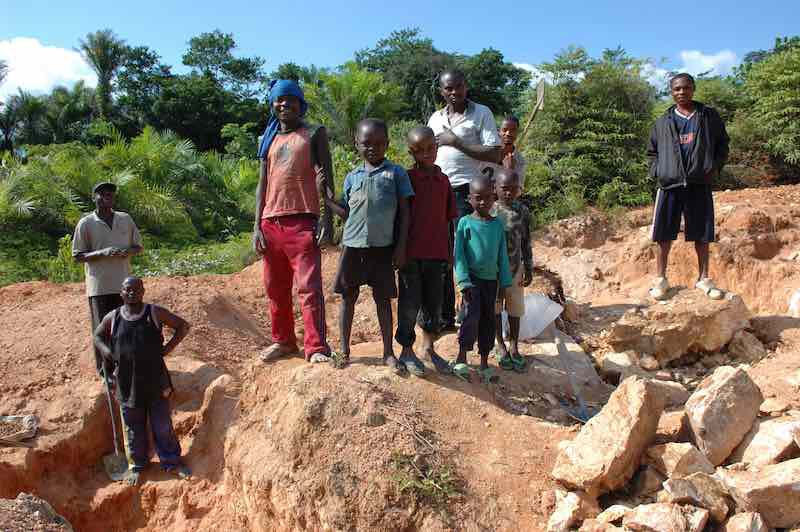
Cobalt is an important part of modern lithium battery technology. Unfortunately, production of the metal is dominated by the Democratic Republic of the Congo (DRC), where the industry has an abysmal record on environmental impacts, working conditions and child labour.
With the expansion of the world’s appetite for the metal through its use in electric vehicle batteries – ways to avoid cobalt mining’s damaging effects on both humans and the environment has rightfully become an important concern to the public.
Top 10 cobalt producing countries, metric tonnes by country (2018). Source: US Geological Survey.
To this end, some EV manufacturers have begun seeking ways to ethically source their cobalt. Tesla has been both working hard to reduce the cobalt content of its batteries, along with seeking alternative sources to the DRC.
BMW have stated that they will no longer purchase cobalt from the DRC, starting with the introduction of their fifth generation of electric vehicles from 2020/21. (The likely sources being Australia and Morocco).
However, given the difficulty of avoiding cobalt from the DRC, an alternative solution is to reliably trace the cobalt to its source to ensure it does not come from mines using exploitative and environmentally damaging practices.
To this end, Volvo has recently reached an agreement with its battery suppliers to use blockchain technology to boost the transparency and traceability of its battery cobalt supply chain. (The benefits of blockchain technology is that information about the supply chain cannot be changed without detection plus, through enforcing a common set of rules for what data can be recorded, allows for the independent verification and auditing of transactions).
This means that each of these vehicle manufacturers is, in their own way, applying the OECD (Organisation for Economic Co-operation and Development) Due Diligence Guidance for Responsible Supply Chains of Minerals from Conflict-Affected and High-Risk Areas. (These guidelines are designed to help companies respect human rights and avoid contributing to conflict through their mineral purchasing decisions and practices).
It can only be hoped that the other EV manufacturers will follow. For the sake of the workers (especially the child labourers) and the environment – that cannot be soon enough.

Bryce Gaton is an expert on electric vehicles and contributor for The Driven and Renew Economy. He has been working in the EV sector since 2008 and is currently working as EV electrical safety trainer/supervisor for the University of Melbourne. He also provides support for the EV Transition to business, government and the public through his EV Transition consultancy EVchoice.

